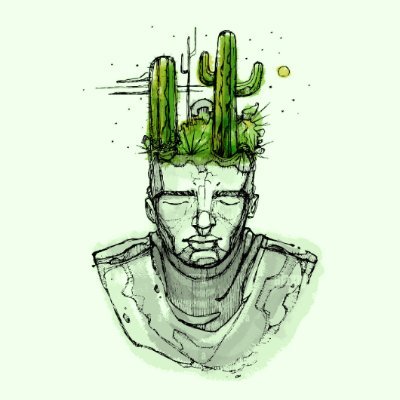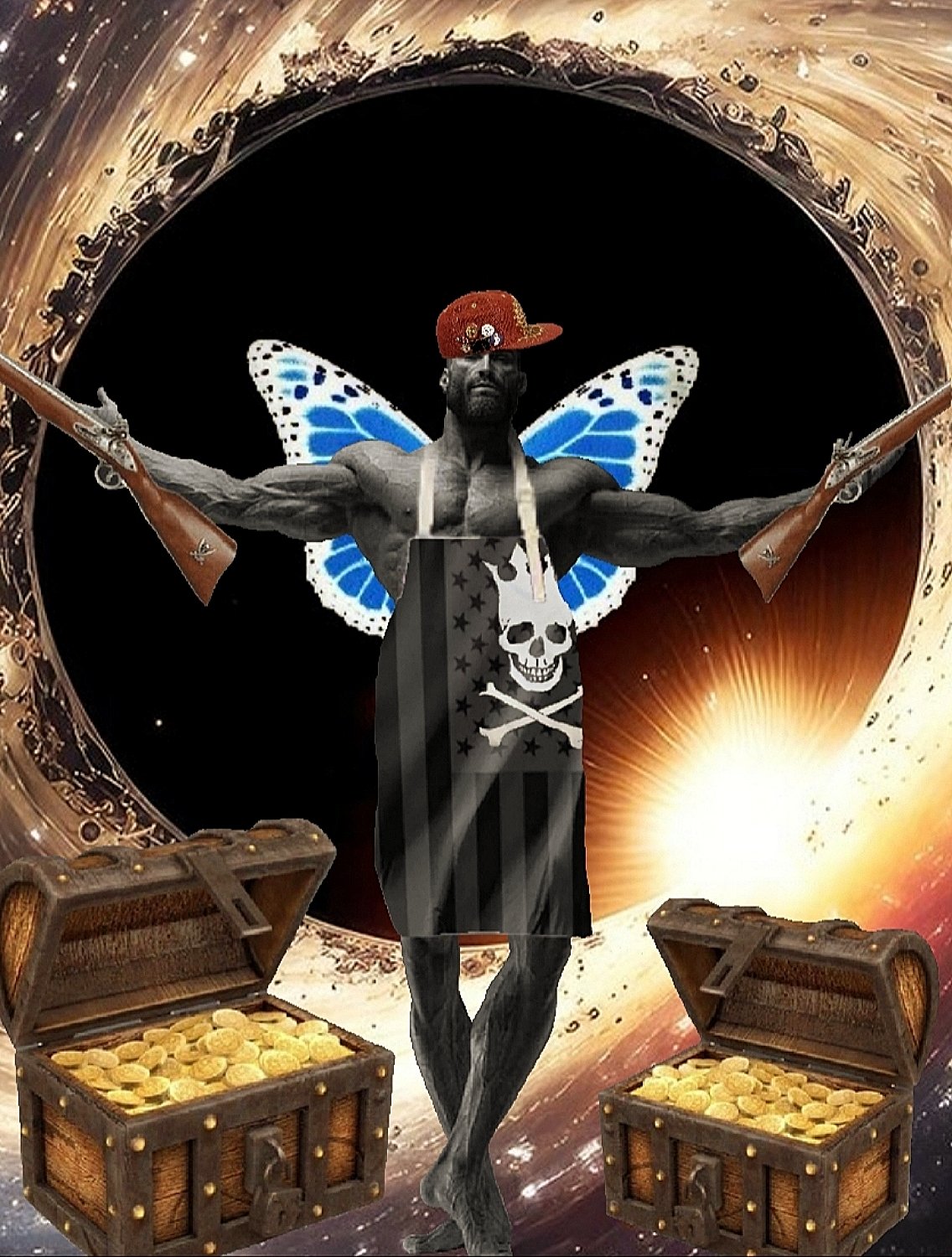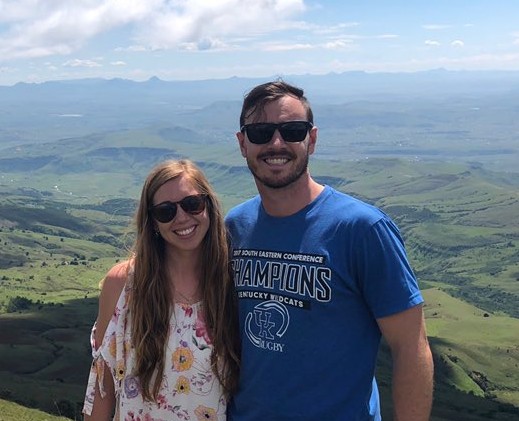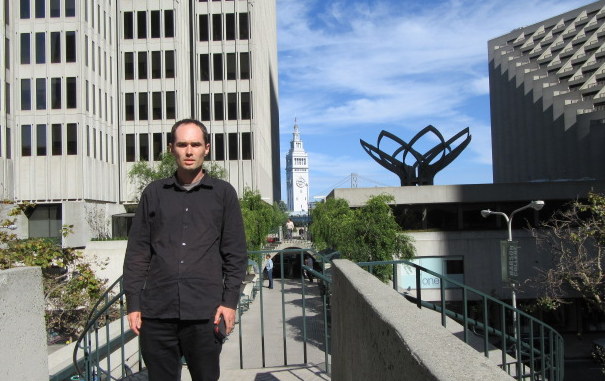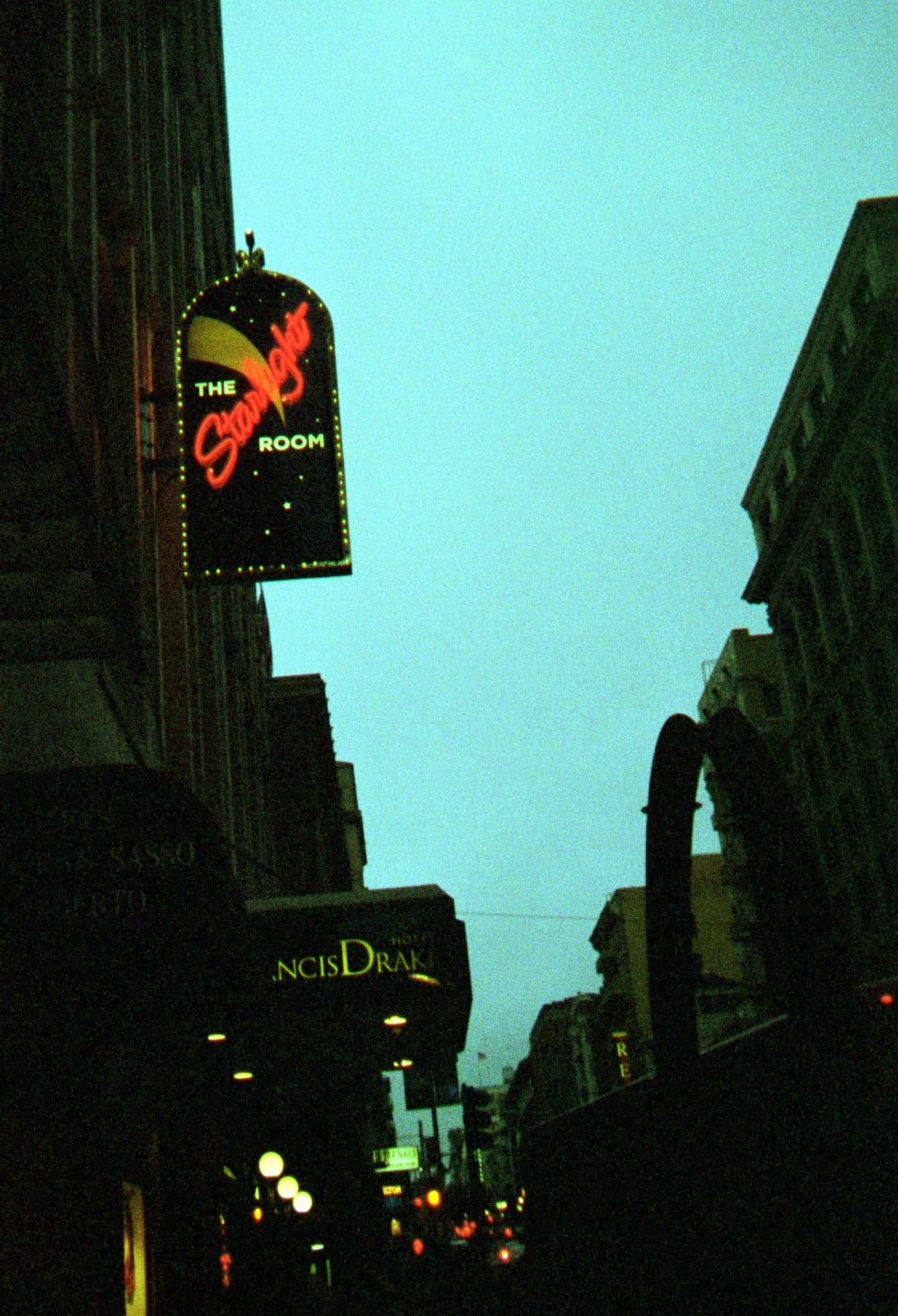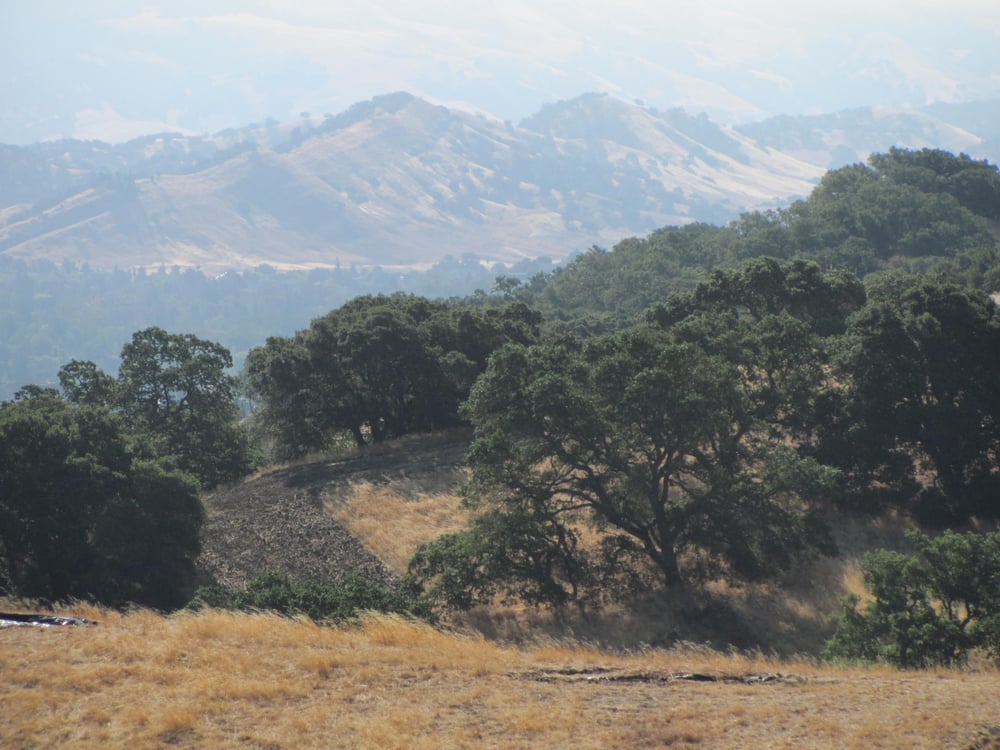Robert Stark and co-host Francis Nally (Pilleater) talk to Rajeev Ram about the Indian diaspora, caste, HBD, theology, and America’s identity crisis. Rajeev is a 2nd generation Indian American of a Tamil Brahmin background. He is originally from Arizona, worked in tech in the Bay Area, and now resides in a small town in Tennessee. Rajeev’s values include, openness, pluralism, creativity, fraternal comradery, localism, and freedom of association, and he is allied with some aspects of the Right now. Subscribe to his substack, The Cactus Brahmin Testimonials and follow him on X/Twitter.
Topics:
Rajeev’s political journey
Rajeev’s friendship with the podcaster Walt Bismarck
Why syncretic politics makes sense
The HBD implications of the Indian caste system
Robert’s new religion that fuses Theosophy with HBD
How Brahmin vs Vaishya archetypes play out in the West
Economic niches among various Indian subgroups
Differences between North and South Indians
Pre vs post-1990 Indian immigrants, and how the latter tends to view America as an economic zone
Is the brain drain from India to the US ending?
Rajeev’s thoughts on growing anti-Indian animus
Whether White Americans will become more tribal in the future
America’s future of multi-polar enclavism, with parallels to India
Whether an immigration moratorium would delay balkanization and maintain civic nationalism
Whether enclavism would be difficult for assimilated minorities like Rajeev
Embracing a Freudian approach to politics
Click Here to download!
Checkout Robert Stark’s Facebook page, Twitter, Instagram, Stark Truth TV, novel Vaporfornia, and subscribe to his Substack.
